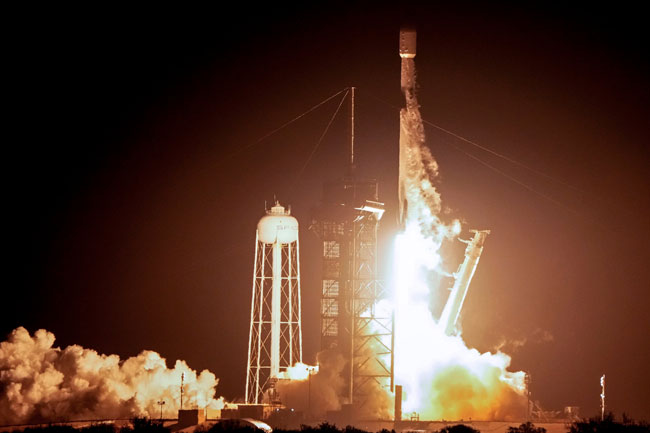Introduction
Houseofbeautysalons – In 2019, former U.S. President Donald Trump made headlines with his proposal to buy Greenland. Trump wants to take Greenland, an idea that sparked both intrigue and controversy. Greenland, an autonomous territory of Denmark, holds significant geopolitical and economic value. Trump’s interest in the island has raised questions about his motives and the potential global impact. Let’s take a closer look at why Trump was so eager to acquire this vast, resource-rich island.
The Geopolitical Significance of Greenland
Greenland, located between the Arctic and North Atlantic oceans, holds a unique position on the world stage. Its proximity to both North America and Russia makes it strategically important. As the U.S. continues to focus on strengthening its military presence in the Arctic, Greenland becomes a vital asset for defense and surveillance purposes. Trump wants to take Greenland not just for its size but for the geopolitical advantages it offers in terms of monitoring Russia and expanding American influence in the region.
Additionally, Greenland’s location offers the U.S. an unparalleled vantage point in controlling Arctic shipping lanes. With climate change making these routes more navigable, controlling Greenland could allow the U.S. to dominate an emerging and increasingly critical global trade route.
The Economic Appeal: Resources and Natural Wealth
Beyond strategic importance, Trump’s interest in Greenland is also rooted in its wealth of untapped resources. Greenland is believed to be rich in rare minerals, oil, and natural gas, which are becoming more valuable as global demand rises. As the ice melts due to climate change, new areas for mining and drilling are becoming accessible.
Trump’s proposal to take Greenland likely stems from the desire to tap into these natural resources, which could provide long-term economic benefits for the U.S. In fact, some reports suggest that the value of Greenland’s mineral reserves could be in the trillions of dollars. This economic factor plays a large role in why Trump wants to take Greenland – it’s a resource-rich territory that could fuel the U.S. economy for decades.
The Reaction from Denmark and Greenland
Trump’s proposal to purchase Greenland was met with strong backlash, particularly from Denmark and the government of Greenland. Denmark, which governs Greenland, rejected the idea outright, calling it an absurd proposal. Greenland’s Premier, Kim Kielsen, also dismissed Trump’s offer, reinforcing the island’s autonomy and its desire to remain under Danish rule.
Despite the rejection, Trump remained steadfast in his interest, signaling that the U.S. would continue to pursue strategic partnerships with Greenland and Denmark in other areas, particularly in the realm of defense and trade. This diplomatic friction highlighted the complex relationship between the U.S., Denmark, and Greenland, as the U.S. sought to expand its influence in the Arctic.
Trump’s Global Vision: Expansion and Control
Trump’s desire to acquire Greenland fits into his broader vision of strengthening America’s global position. Whether it was through trade deals, military alliances, or territorial acquisitions, Trump was focused on expanding American influence worldwide. Greenland, with its rich resources and strategic location, was seen as an opportunity to not only strengthen U.S. defense capabilities but also to assert dominance in the Arctic region.
Additionally, Trump’s approach to international relations often emphasized “America First,” prioritizing U.S. interests over traditional alliances and diplomatic norms. The Greenland proposal was consistent with this philosophy, seeking to gain control of a region that could be vital to U.S. national security and economic growth.
The Broader Implications of Acquiring Greenland
If the U.S. were ever able to acquire Greenland, the implications would be significant on both a geopolitical and economic level. Control over the island could shift the balance of power in the Arctic, especially with growing competition from Russia and China, both of which have been expanding their presence in the region.
Additionally, the acquisition could lead to new tensions with Denmark and other countries, particularly those with economic interests in Greenland’s resources. The island’s political and cultural ties to Denmark could complicate any negotiations or plans for American control.
Conclusion
Trump wants to take Greenland for its strategic importance, economic resources, and its potential to enhance America’s global standing. While his proposal was rejected by Denmark and Greenland, the idea remains an intriguing example of Trump’s broader approach to international relations. His focus on “America First” shaped his desire to secure Greenland, not just as a territory, but as a critical asset in the world’s changing geopolitical landscape. The controversy surrounding this proposal is a reminder of the complex and often unpredictable nature of global politics.

